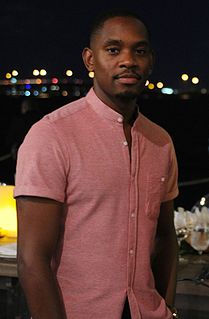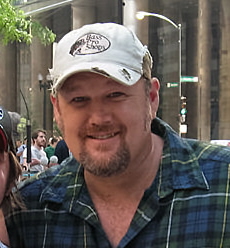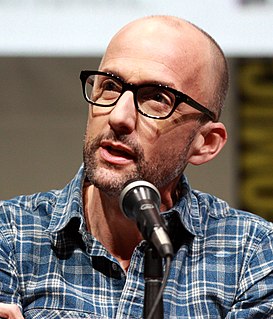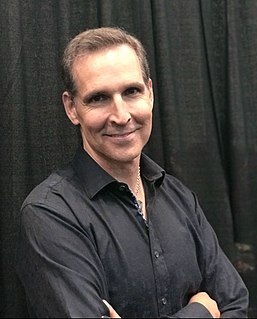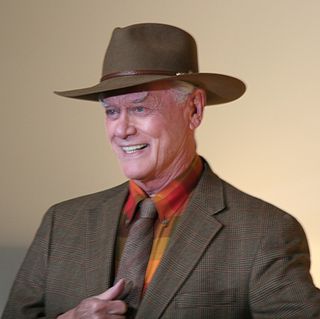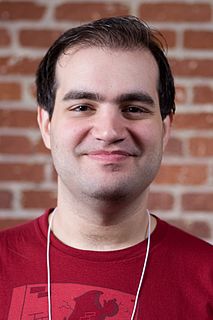A Quote by Aml Ameen
In the U.S., there are around 300 shows in different networks, so there's a lot of work here.
Related Quotes
I think there's confusion around what the point of social networks is. A lot of different companies characterized as social networks have different goals - some serve the function of business networking, some are media portals. What we're trying to do is just make it really efficient for people to communicate, get information and share information.
I've been working in Hollywood for a long time now in many different aspects in front of the camera, behind the camera, and I've worked with top executives, presidents of networks. I've worked all around. I see energy and what's around these studios and a lot of these offices. You don't get the high positions in these companies if you don't take advantage of other people in some way. I've seen that around. I've seen that around the studios, whether it's producers or whoever. Egos are there. Greed.
There used to be three networks, and now there are 40 million networks. There's a lot more competition out there, too. We would bring in 27 million people. Now, they're lucky if they have 17. I looked at the ratings, for the first time in 25 years, just to see, and there were 130 shows on. There used to be maybe 30.
I feel like if we can use the combination of basically data-driven hunches and bet on really first-class talent to deliver the shows, that I think we could do as well as the networks do, who basically have a 75 to 80 percent failure rate for new shows anyway - even after all that development and pilot work.
